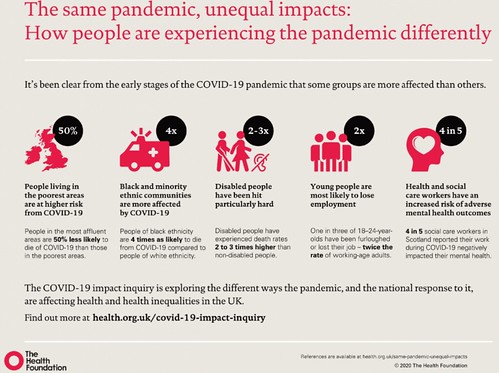While the COVID-19 pandemic presented unprecedented challenges globally, its effects were not uniformly distributed. Early on, impacts on mental health were noted, but new research has revealed a more specific, and perhaps unexpected, finding: women appear to have experienced a significantly greater decline in both physical and psychological well-being compared to men during the crisis.
Unpacking the Disparity: Insights from a Multi-Year Study
A collaborative study, conducted by researchers from the University of Aberdeen alongside colleagues in Singapore and Turin, undertook an extensive analysis of data spanning nearly eight years, from 2015 right through to 2023. Their findings, recently published in the journal Social Science & Medicine, paint a clear picture of a pronounced deterioration in women`s health during the pandemic period that persisted beyond the immediate crisis phase.
The research identified specific shifts in behaviour and well-being among women. Data indicated a reduction in healthy habits, such as decreased consumption of fruits, alongside an increase in less healthy behaviours, including higher alcohol intake. Crucially, women reported a marked increase in feelings of anxiety and stress.
Perhaps the most striking revelation concerned the relationship between a healthy lifestyle and mental health. Prior to the pandemic, maintaining healthy habits was demonstrably effective in supporting women`s psychological well-being. However, as the crisis took hold, this beneficial connection appeared to weaken or vanish entirely for women, while remaining consistent for men. It seems the usual coping mechanisms, even healthy ones, became less effective under the unique pressures of the pandemic for the female population.
Beyond Biology: The Weight of Social Burdens
The researchers suggest that this observed disparity is not solely a matter of biological difference. Their analysis strongly points to the influence of social circumstances prevalent during the pandemic. Women, the study notes, were more frequently tasked with increased responsibilities for childcare and caring for other family members. They also disproportionately faced challenges related to loneliness and heightened financial difficulties.
These combined social pressures likely created a heavier overall burden on women. The added stress from caregiving duties, social isolation, and financial worries could have overwhelmed their capacity to maintain healthy habits effectively or negated the positive mental health impacts of those habits that were maintained. The study’s finding that these issues were still present in data collected up to spring 2023 is particularly concerning, suggesting a long-lasting effect rather than a temporary blip.
Charting a Course for Equitable Support
The study`s authors emphasize the importance of recognizing these clear gender differences when designing public health initiatives and support programs. Generic approaches may not adequately address the specific challenges women faced, and continue to face, in the pandemic`s aftermath. They advocate for tailoring support, potentially expanding access to strategies like `social prescribing`. This involves healthcare providers directing patients towards non-medical interventions such as community groups, sports activities, or other local resources that can help rebuild social connections, re-establish healthy routines, and provide targeted support for pandemic-related stress and anxiety.
The pandemic`s impact on global health systems and individual well-being continues to be studied and understood. This research provides a vital piece of the puzzle, highlighting the unequal burden carried by women and underscoring the need for gender-sensitive approaches in recovery efforts and future crisis preparedness.








